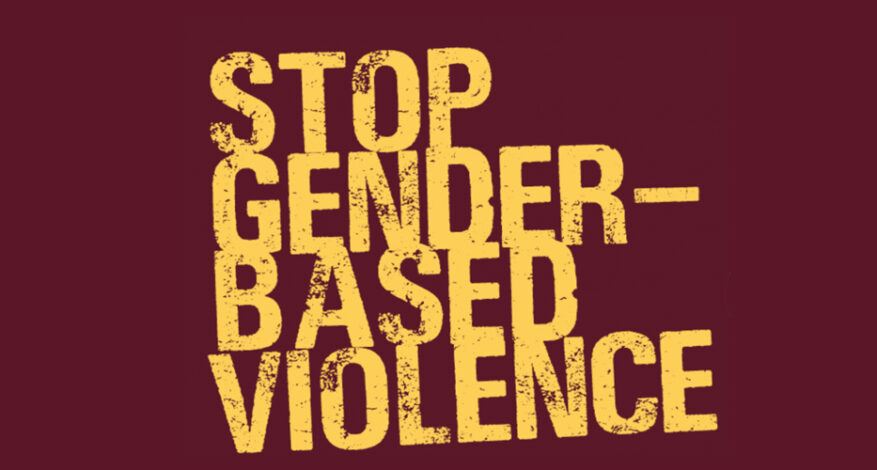The Dorothy Njemanze Foundation has enjoined the federal government, and other stakeholders to increase efforts towards tackling sexual and gender-based violence (SGBV), as well as providing support for survivors in the country.
The Executive Director of the foundation, Dorothy Njemanze made the call during an exhibition organised by the foundation in Abuja.
Tagged ‘Human Mata Survivor’s Story Exhibition ‘, the exhibition featured art works showcasing the experiences of survivors of SGBV.
Njemanze said the foundation is a survival run organisation and provides response and prevention services online and offline to survivors of SGBV around the clock. She added that the exhibition featured 25 artworks this year.
Ambode’s chef remanded for theft, conspiracy
Ambode’s chef remanded for theft, conspiracy
She said, “We are not coping well with the burden of work in supporting survivors, and hope that in trying to tell some of the stories, maybe we will draw people into our realities, and that they will understand what survivors need.
“In addition, we have a new government in power. We want to recommend policy directions that will not only impact the survivors whose stories are featured, but other people who have similar stories like them. Everyone has a responsibility, but people seem to be abdicating their duties”.
She further called on the government to play its role in supporting those at the front lines in SGBV, adding that the foundation has at least 40 active cases at each point in time, and currently, has 17 survivors in its shelter.
“We are using the stories of survivors as a point of contact to expose trends that we have discovered and critical gaps that need to be filled.
“The government, donor agencies, business communities and individuals, can commit to making periodic support to ensure that people like us that are at the front lines do not need to turn back anyone,” she added.
While commending the National Agency for the Prohibition of Trafficking in Persons and Other Related Matters (NAPTIP), she said that there was need to strengthen support for the agency to enable it to function better.
She said lack of knowledge of legal provisions and procedures was making a lot of people not to take critical actions that could help them get justice.
Idris Lateefat, a case manager with the foundation said the period she had worked with the foundation had opened her eyes to the realities of gender-based violence in Nigeria.
She said, “I have seen survivors of all ages, from babies to women of retirement age, who have experienced one type of violence or the other. Sometimes it is the rape of a baby that is just a few months old, to the physical battery and assault of old women.”
Idris who is also an artist and helped produced some of the art works, cited the case of a little girl who has been raped continually by an aggregate of four abusers.
On the art works she said, “We have depictions of rape, assault, battery, female genital mutilation, and harmful traditional practices, among others.”
She called on the government to support the foundation, and pay attention to first responders.
Anita Bassey, 19, an SBGV survivor said she was referred to the foundation by the Nigerian Police Force after she was raped and got pregnant.
She narrated that the perpetrator was released without her consent, and that the Dorothy Njemanze Foundation has been catering for her, and her baby ever since, including antenatal care and delivery.

 Join Daily Trust WhatsApp Community For Quick Access To News and Happenings Around You.
Join Daily Trust WhatsApp Community For Quick Access To News and Happenings Around You.


